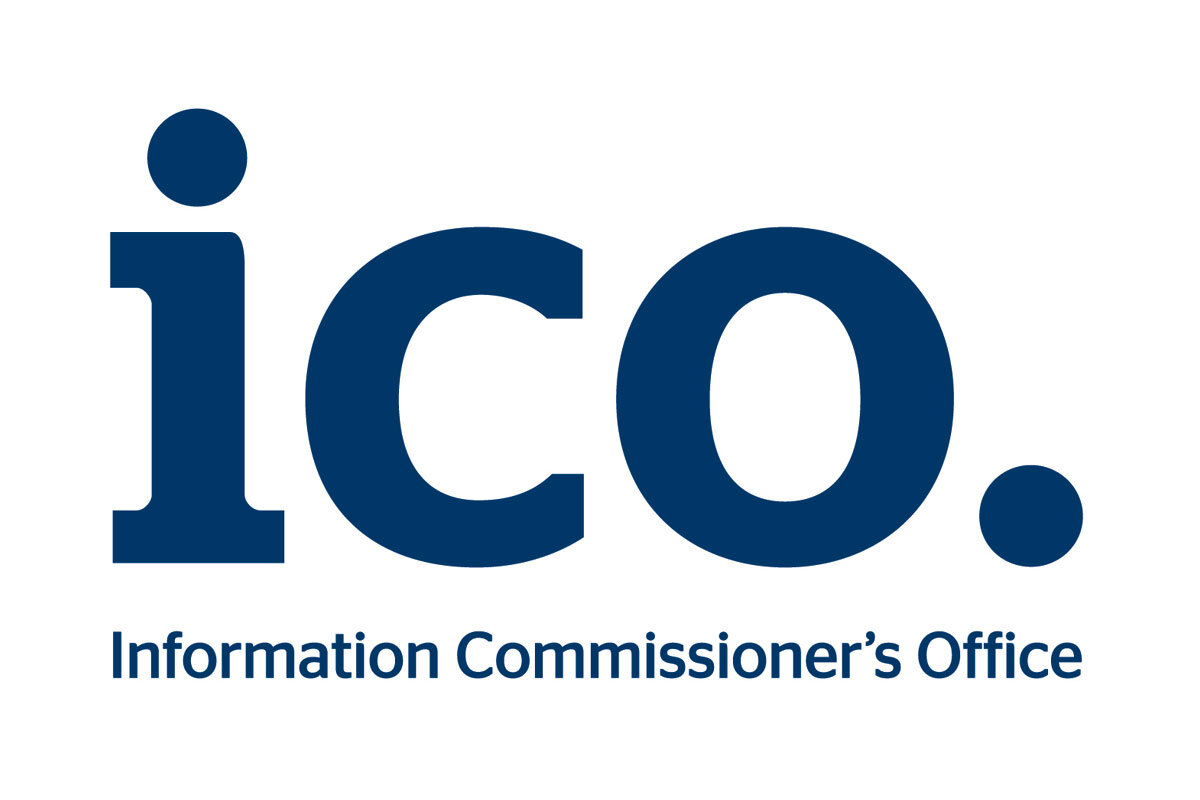behaviour policy
DEFINITION
This policy sets out to ensure that there is a widely known and understood set of expectations of students, which is uniformly applied throughout Ace Learning Centres and is recognized by student, tutors, parents and all other employees and helpers. The student must experience an unvarying acceptance of what behaviour is acceptable in order to ensure the safety of all within the school community. This policy also acts as a guide to support staff in ensuring a consistent approach is achieved by all staff.
DfE guidelines have been taken into consideration in the formulation of this policy.
Aims
This document provides a framework for the creation of a happy, secure and orderly environment in which student can learn and develop as caring and responsible people. Its aims:
To promote a safe, caring, healthy and happy learning environment
Encourage and praise greater effort in both work and behaviour
To enable tutors to teach and student to learn effectively, through promoting self-esteem and mutual respect for members of the school community
To encourage increasing independence and responsibility as the student grows in maturity
To prevent cases of bullying, and ensure any cases are handled by staff in a fair, consistent and agreed manner. Please refer to Anti Bullying and Harassment Policy.
To ensure that parents are informed and are aware of the disciplinary procedures
To promote self-discipline
Principles
Every child has the right to learn but no child has the right to disrupt the learning of others.
The establishment of a sound, positive and caring ethos is an essential prerequisite for learning. It depends upon trusting relationships and a process of co-operative team work.
Responsibilities:
All members of Ace Learning – teaching and non-teaching staff, parents and students – work towards Ace Learning aims by:
Providing a well-ordered environment in which all are fully aware of behavioural expectations
Treating all students as individuals and respecting their rights, values and beliefs
Fostering and promoting good relationships and a sense of belonging to Ace Learning community
Offering equal opportunities in all aspects and recognising the importance of different cultures
Encouraging, praising and positively reinforcing good relationships, behaviours and work,
Rejecting all bullying or harassment in any form
Helping to develop strategies to eliminate undesirable behaviour both within and outside the classroom, and applying these consistently
Caring for, and taking pride in, the physical environment of the centres
Working as a team, supporting and encouraging each other.
Rules
We have five ‘Golden’ phrases that form our core values at this school:
We are gentle
We are kind and helpful
We listen to other people
We are honest
We work hard
What constitutes good behaviour?
Soon after starting, the student should understand the expectations and ethos of the Centre. Their parents should have a similar understanding of this by going through Ace Learning policies on the website and a meeting with Centre Manager. This understanding of appropriate behaviour entails:
At the Centre:
Line up quietly
Be well-mannered, use ‘please’ and ‘thank you’ and don’t speak with your mouth full
Talk quietly
Put your hand up if you want something
Try to keep the tables clean and tidy
Walk around the Centre quietly.
Classroom:
Giving priority to the teacher for talking when required
Not interrupting the teacher or other student (or their work)
Remaining silent when requested
Behaving appropriately to adults and other students
Moving around the classroom and the Centre quietly and sensibly
Taking responsibility for their own actions
Taking increasing responsibility for their own possessions
Knowing what can and cannot be brought into the Centre
Celebration
Praise and encouragement are used as much as possible. A system of rewards is in place to celebrate student’s display of good effort and achievement.
Behaviour Ladder - Sanctions
“Even the best behaviour management programme doesn’t guarantee good behaviour” - Mike Temple
Traffic Light System
Ace Learning operates a traffic light system of recording and managing poor behaviour choices in the classroom as below:
Yellow - low level
Poor punctuality
Rudeness
Swearing
No Homework
Disruption
Task refusal
Rough play
Teasing
Amber - medium level
Bullying
Persistent disruption
Swearing at adults
Cruelty/Spite
Walking away from an adult
Leaving class without permission
Aggression
Fighting
Harassment
Red - high-level
Leaving Centre premises
Use of a weapon
Persistent bullying
Racist behaviour/ comments
Theft
Vandalism
Harming an adult
Inappropriate sexual behaviour
Homophobic language
Should student make a poor choice with respect to their behaviour a verbal warning will be given. Should the behaviour choice be continued, then the following procedures will be followed:
For a yellow level behaviour, it would be normal for this to be resolved within the classroom by the class teacher or the assistant. The resolution may include a verbal or copied apology or additional time to complete a task.
For an orange level behaviour it would be appropriate for the class teacher to initiate the resolution within the classroom but may also want to inform or have the assistance of an additional member of staff (middle leader), For other issues, the resolution may be successful with a verbal apology or may require a short amount of "time recovery" for the pupil to complete a task, write out an apology letter or undertake a task directly connected with the behaviour e.g. tidying up an area in the classroom which has been left untidy. Copy of the report sent to parents.
For a red level behaviour, the most serious, it is essential that the SMT are involved at the earliest opportunity. This is to ensure that any additional information is brought to the resolution of the issue. It would also be appropriate at this point for parents to be contacted. This is the only level that requires the intervention of SMT. Consideration for exclusion should be entirely at the Centre Manager’s discretion and should never be considered automatic.
Non classroom behaviour:
The same expectations of behaviour should be applied across the Centre, regardless of where the child is e.g. in the communal area, toilets etc.
Other reasons when it may be appropriate for the Centre Manager to intervene include when pupil actions:
Could have repercussions for the orderly running of the Centre
Poses a threat to another pupil or member of the public
Could adversely affect the reputation of Ace Learning Centres
Exclusion
Exclusion will be considered appropriate where the Health and Safety of staff and/or pupils is seriously compromised. ‘The Centre Manager decides whether to exclude a pupil, for a fixed term or permanently, considering all the circumstances, the evidence available and the need to balance the interests of the pupil against those of the Ace Learning community.’ (Ensuring Good Behaviour in Schools, April 2011)
In the event of the Centre Manager’s absence, the Deputy Centre Manager will assume responsibility for the decision to exclude. If the Deputy Head teacher is absent, the SLT will assume this responsibility.
Liaison with Parents
Parents will be kept informed about their child’s behaviour. If it appears that this has to be monitored on a regular basis, copy of the daily report can be shared with the parents. This gives the parents a very clear view of the support given for their child.
Use of reasonable force
In relevant emergency situations it may be necessary for staff to apply ‘Positive handling’ strategies.
‘All school staff have the power to use reasonable force to prevent pupils from committing an offence, injuring themselves or others, or damaging property, in order to maintain good order and discipline in the classroom.’ (Department for Education: Use of Reasonable Force. July 2011)
This policy has been developed to work in conjunction with the following documents: Anti Bullying and Harassment policy








